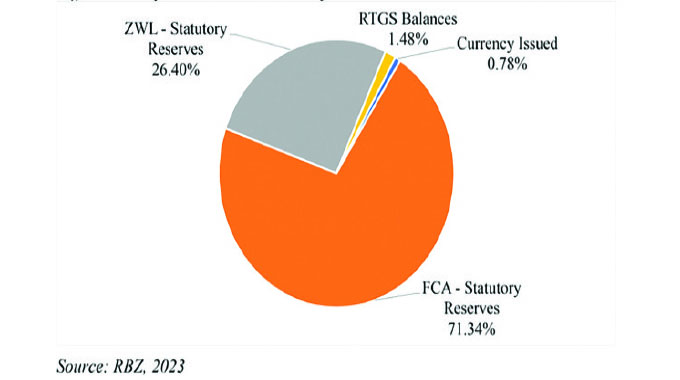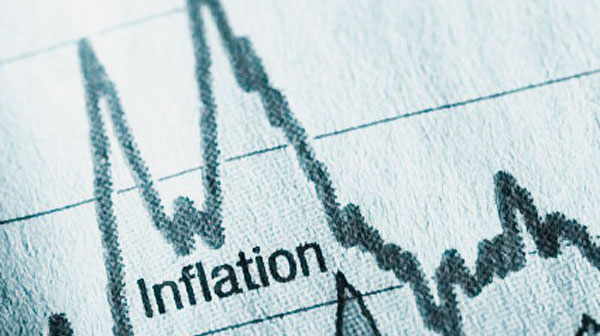Solid waste management
What is solid waste?
Solid waste refers to discarded materials other than fluids and gases. It includes municipal garbage, agricultural refuse, demolition and industrial waste as well as mining residues.
Increasing population, rapid urbanisation, industrial growth, the construction boom, improved lifestyle and unsustainable consumption patterns have all contributed to the growing solid waste problem.
Sources of solid waste:
Supermarkets;
Illegal vendors;
Households
Hospitals, clinics and surgeries;
Manufacturing/processing industries;
Food industries;
Residential areas;
Motor industries; and the
Construction industry.
Negative impacts of solid waste:
Land Pollution: Waste is an eyesore and results in the loss of aesthetic value of land, taking away the beauty of cities and towns. This could have a negative effect on the country’s tourism industry.
Pollution of underground and surface water bodies: Waste can be washed away into water bodies whilst leachate can pollute underground water and contaminate the soil;
Harbours pathogens and promotes the spread of diseases such as cholera, typhoid, dysentery and malaria-waste is a breeding ground for disease spreading vectors such as flies, mosquitoes and rats.
Decomposing material produces methane, a dangerous greenhouse gas that leads to global warming;
Fire risk from landfills without fire-guards and security;
Blockage of water and sewer drains by litter and non-biodegradable material leading to the spread of water borne diseases such as typhoid;
Loss of livestock and wildlife from consumption of plastics;
Air pollution from the burning of dumps or skip bins, resulting in respiratory diseases.
Burning of polystyrene polymers (commonly referred to as kaylite) such as foam cups/containers, meat trays and yoghurt containers releases styrene, a dangerous gas that can be absorbed through the skin and lungs. At high levels styrene gas can damage the eyes and mucous membranes. Long term exposure can affect the central nervous system, causing headaches, fatigue, weakness, and depression.
Why should you be concerned about proper solid waste management?
Every person has the right to a clean and safe environment that is not harmful to health. This is a constitutionally guaranteed right which is also enshrined in the Environmental Management Act (Chapter 20:27).
Failure by us to uphold this right means that we infringe on other people’s right to live in a clean, safe and healthy environment.
The Environmental Management Agency:
Spearheads the protection of the environment for the benefit of present and future generations;
Spearheads the formulation of measures that prevent pollution and environmental degradation;
Controls and regulates waste disposal;
Maintains records of the extent and nature of environmental pollution in Zimbabwe for use in planning and management of the nation’s natural resources; and
Advises the public and the private sector on control of environmental pollution.
What does the law say?
Solid waste management is governed by The Environmental Management Act (Cap 20.27), Statutory Instrument 6 of 2007 Environmental Management (Effluent and Solid Waste Disposal) Regulations, Statutory Instrument 98 of 2010 (Plastic Bottles and Plastic Packaging) Regulations. The Environmental Management Act prohibits:
The discharge or disposal of any waste in a manner that causes pollution to the environment or ill health to any person and the transportation of waste except under a licence issued by the Agency. It also gives details of who should apply for a waste licence; this includes waste transporters within Zimbabwe, operators of waste disposal sites or plants and or to generators of hazardous waste.
The discarding, dumping, and leaving litter on any place except in containers or places provided for that purpose.
It is a requirement that all waste disposal sites should be lined with appropriate lining material specific to the nature of the waste and environmental risks.
Promote Sustainable Waste Management: Reduce, Re-use and Recycle.
Please talk to us we are always ready to listen. Email: [email protected] <mailto:[email protected]> or 04 305543 /Toll free 08080028, sms/whatsapp 0779 777 094, Like our Facebook Page- Environmental Management Agency or follow us on Twitter @EMAeep






Comments